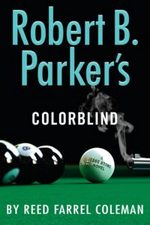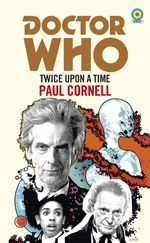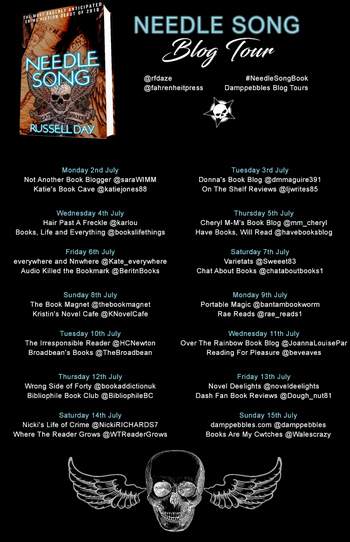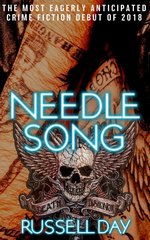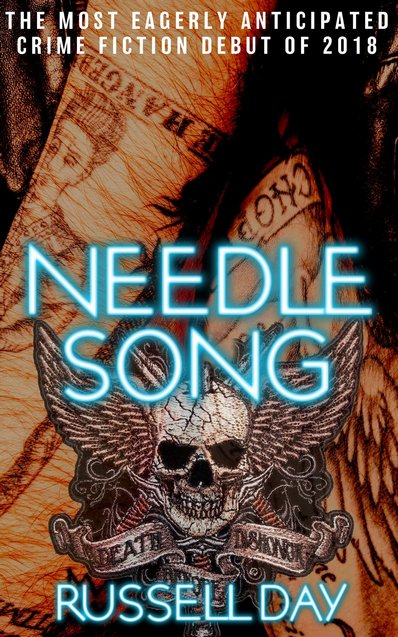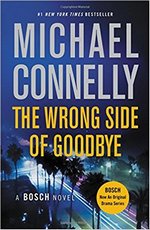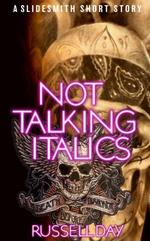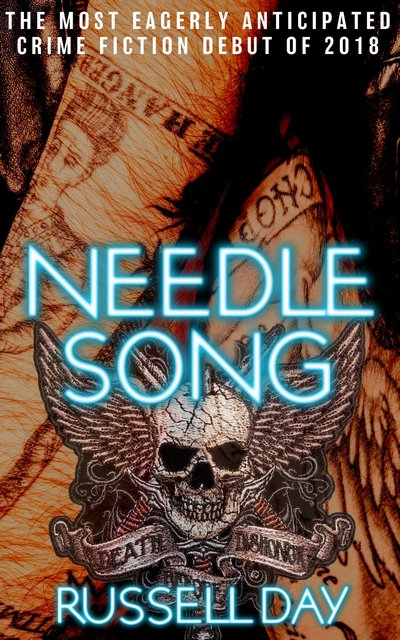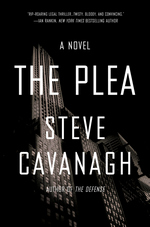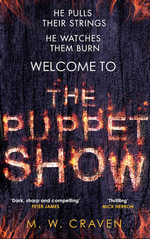 The Puppet Show
The Puppet Show
by M. W. Craven
Series: Washington Poe, #1Paperback, 352 pg.
Constable, 2018
Read: July 23, 2018

‘First impressions?’ Flynn asked.
He studied the slash marks again. Not including the messy number five, he counted forty-two. Forty-two wounds to spell out ‘Washington Poe’. Forty-two individual expressions of agony. ‘Other than the victim wishing I’d been called Bob, nothing.’
‘I need you to come back to work,’ she said. She looked around at the desolate fells he now called home. ‘I need you to re-join the human race.’
He stood up, all previous thoughts of resigning dismissed. There was only one thing that mattered: the Immolation Man was out there somewhere, selecting victim number four.
Washington Poe was a Detective Inspector who either made a very, very, very horrible mistake or is a DI or did a very, very, very bad thing — it depends who you ask. Either way, he’s on suspension until he either quits or the internal investigation is complete. He doesn’t quit, but he doesn’t expect to be brought back to work anytime soon.
Until his former DS, now his replacement, shows up — there’s a serial killer afoot, burning people alive — after some torture, it seems. What led to him being brought back (aside from being the kind of investigator who will be able to track this guy down) is that the last victim had Poe’s name cut into him before he was burned. This is a message to him — and possibly a threat. So, potential bad cop or not — for his own protection, he needs to get reactivated. Sure, it’ll be a little awkward, he’ll be acting as a subordinate to his former DS — but he frankly knows he was better at that anyway, so he’ll get used to it.
One of the first things he does is meet an analyst working with the police — she’s the one who developed the model to make sense of the wounds and found his name on the corpse. Tilly is a fascinating character — she’s a mathematical genius, a whiz with computers, and socially awkward. That actually is an understatement — clearly from a young age, Tilly’s mom sheltered her from the worst of society so that her genius could flourish. Now an adult, she decides to work with the police so her mathematics could see some immediate benefit to society — but she still is an outsider (and mom is determined to keep her that way).
Almost immediately upon meeting her, Poe shakes up her life. He defends her from some teasing/bullying by some police officers and then he insists that she’s coming to the field with him. Tilly’s never done anything like that before, but jumps at the chance. The two of them build a strange partnership — and a strong friendship — as they work this case, along with DI Flynn and an old friend of Poe’s, Kylian Reid) who is one of the few police officers in the country who aren’t suspicious of him.
Poe is a great character — there’s no two ways about it — you put him in a novel by himself (or with Flynn or Reid) and I’m reading it. He’s in the Bosch/Rebus kind of vein — he’s going to get the job done, and will annoy/offend whoever in the chain of command, city government, press, etc. to get the job done. This quotation describes it best:
He knew some people thought his reputation for following the evidence wherever it took him was because he felt he held some sort of moral high ground. That he had a calling to a purer version of the truth that was unattainable to other, lesser, cops. The truth was simpler — if he thought he was right, the self-destructive element to his personality took over. It frequently allowed the devil on his shoulder to shout down his better angel. And at the minute, the angel couldn’t get a word in edgeways . . .
His face turned to granite. If he didn’t do it, who would? Sometimes someone had to step up. Do the unpalatable so others didn’t have to.
That’s the kind of character I can read any time.
But what makes this book (on the character front, anyway) a must read is Tilly Bradshaw. Actually, no. It’s the combination of Tilly and Poe. Yeah, Poe largely uses her the way he’d use anyone to get the job done (see Rebus/Bosch) — but there’s some genuine affection for her at work, too. He truly seems to like her and wants to protect her — and maybe push her a little to fend for herself. Tilly clearly adores him — I should stress that this is a platonic thing for both — he protects her, treats her like an adult (something her mother doesn’t allow anyone to do), and relies on her brain (which most people do). Tilly is a character worth one’s time, no doubt about it — and I can’t imagine anyone who reads this book to not like her a lot. But the two of them together are as good a pair as you can imagine.
Now, that’s all well and good — but what about the plot? What about the killer? The plot is as intricate as you can hope for in a serial killer novel. As the police start to compile a theory of the case, a profile of the killer, it quickly becomes clear that there’s a dark root, a strong motivating factor behind the killings. At one point, I put in my notes “Okay, I’d be absolutely fine not learning anything else about the killer’s backstory. Can we just get to his arrest now, leaving the rest of the uncovering to the prosecutor’s work after the novel is over?”
Naturally, the answer to that was a resounding no. You learn more about what drove this man to kill — and frankly, it’s hard not to wonder if he’s justified. Not justified in how he goes about the killing, because that’s just horrible. But you might wonder if it’d be okay for him to get away with it. To get to that point — and to find out if Poe and Bradshaw are able to stop the killing — there’s some great twists and turns to the case, and some very compelling reveals to get through. The reader will be hooked throughout.
Not only can Craven create great characters, and tell a good story — but his writing is compelling, too (yes, there is a difference between those last two). The first description given of one of the corpses The Immolation Man left was horrific, it really made me ill. Another description that stood out was an older suspect — and her home — without giving anything else away, Craven’s description of the two together was so well done that I felt I could see them as clearly as I could see the room I was in at the time. I loved the voice, the style, his use of words — really just about everything.
Oh, yeah and when — I can’t believe I almost forgot this — when you figure out why Craven used this title, you’re going to need some help picking your jaw off the ground. There’s at least one other reveal that may require that as well, come to think of it. Any good Crime Fiction is going to have some good reveals embedded in the story — the skilled writer revealing them properly is what makes a good Crime Novel into a great one. Craven delivered the latter.
Craven’s writing, the compelling story, the fantastic characters — you put these elements together and you have an unbeatable combination and the makings of one of the best crime novels — novels, period — that I’ve read this year. I’m not really sure I read it — it was more of a semi-controlled devouring. There are few sequels I’m looking forward to as much as the next Washington Poe book. While I’m waiting for it, you should go grab The Puppet Show so you can join me in anticipating its arrival.
—–



